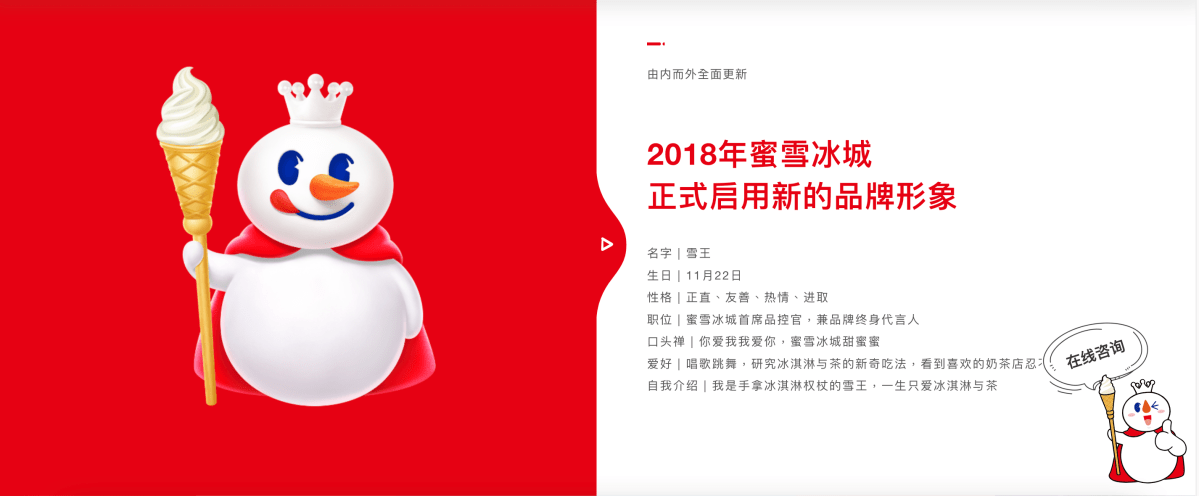At least six Chinese tea chain companies are gearing up for IPOs, Bloomberg reported on Monday. Expanding at a rapid pace, China’s biggest bubble-tea chain Mixue is among them, with Zhejiang-based XSQ Tea, which has just a fraction of the former’s 28,000 stores, also looking to go public.
Why it matters: For these freshly made tea beverage companies, choosing to list in Hong Kong or the US may make their path to IPO easier while reducing the likelihood of regulatory scrutiny. Meanwhile, their concentrated entry into the capital market highlights the importance of raising funds for companies that rely heavily on investment to expand in scale, especially as China’s post-pandemic consumption recovery appears to be running out of steam.
Details: XSQ Tea, and new-style tea retailers GoodMe, Auntea Jenny, and ChaBaiDao each have more than 6,000 outlets, and are planning to be listed in Hong Kong, while Sichuan-based Chagee is preparing for a US IPO. Mixue is yet to decide on its listing location, Bloomberg reports.
- Last September, Mixue filed its prospectus to Shenzhen Stock Exchange, but the company seems to have been excluded from listing on China’s A-share market. The report cited Shen Meng from Beijing-based investment bank Chanson & Co., who mentioned that food and beverage chains, especially those that are “burning money” to scale up, were reportedly on the ban list.
- Chagee, the only company reported to be set on a US offering, has the largest international presence among the six firms. The six-year-old company operates over 70 stores in Malaysia, Thailand, and Singapore, accounting for nearly 4% of its total number of outlets.
- Aside from Mixue, the financing amounts for the companies are unlikely to exceed $500 million, according to Bloomberg.
Context: Under the banner of being the first tea drink firm of its kind to go public, Nayuki, a Chinese freshly made tea chain established by a married couple in 2015, made its Hong Kong listing debut two years ago. However, the company has not yet achieved profitability and is experiencing mounting losses, leading to a significant decline of about 70% in its stock price from its IPO level.
- Seeking expansion outside of China and embracing the franchise model are the two most common strategies employed by bubble tea chains to achieve further growth amidst increasingly intense competition. HeyTea, Nayuki’s top competitor, previously refused to open franchises but has now adopted an open approach to recruit partners in non-first-tier cities and multiple overseas cities. Similarly, Nayuki, concerned about its profitability, has recently chosen to put aside its reservations and attract franchisees.
- In China, the size of the new-style tea beverage market more than doubled in the five-year period from 2017 to 2022, with the total number of stores reaching nearly 500,000 across the country, data from China Chain-Store & Franchise Association showed. The market is expected to amount to RMB 145 billion in 2023.

